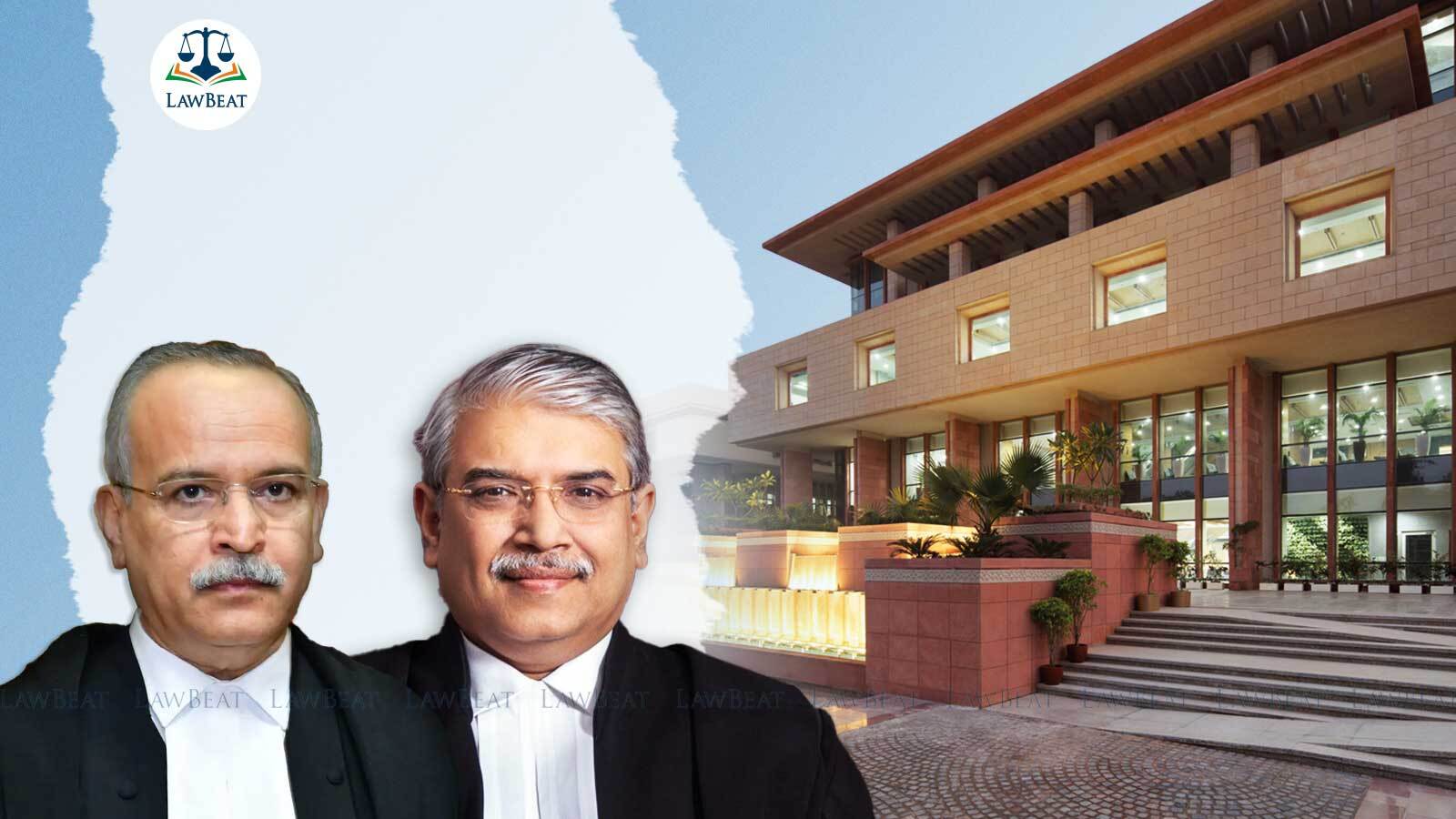Delhi High Court grants Delhi Govt time to decide on DCPCR's recommendation to ban sex-selective surgeries on intersex infants

A division bench of Chief Justice Satish Chandra Sharma and Justice Subramonium Prasad was hearing a Public Interest Litigation (PIL) filed by the Srishti Madurai Education Research Foundation, which sought directions to frame a detailed policy or guideline specifying the conditions under which medical surgery on intersex infants and children could be performed.
The Delhi High Court on Wednesday granted eight weeks-time to the Delhi government to decide on the recommendation of the Delhi Commission for Protection of Child Rights (DCPCR) to ban medically unnecessary, sex-selective surgeries on intersex infants and children.
A division bench of Chief Justice Satish Chandra Sharma and Justice Subramonium Prasad was hearing a Public Interest Litigation (PIL) filed by the Srishti Madurai Education Research Foundation, which sought directions to frame a detailed policy or guideline specifying the conditions under which medical surgery on intersex infants and children could be performed.
Counsel appearing for the foundation informed the division bench that the Delhi Commission for the Protection of Child Rights (DCPCR) has submitted a comprehensive report to the Government of the National Capital Territory of Delhi (GNCTD) on the issue of Sex-Selective Surgeries on intersex infants and children.
Court took note of a portion of the recommendation made by the Delhi Commission for the Protection of Child Rights (DCPCR) in its report, which stated “After careful consideration, the Commission concludes that the Delhi government should declare a ban on medically unnecessary, sex-selective surgeries on intersex infants and children, except in life-threatening situations, and advises the government accordingly.”
However, the Counsel appearing for the Government of NCT of Delhi (GNCTD) contended that it be given eight weeks-time to make an appropriate decision on the recommendations of DCPCR.
Accordingly, Court disposed of the petition and stated that no further orders are required in the current petition, however, if the petitioner is dissatisfied with the GNCTD's decision, he or she may file a new petition.
Case Title: Srishti Madurai Education Research Foundation v. Govt, of NCT of Delhi & Ors.
